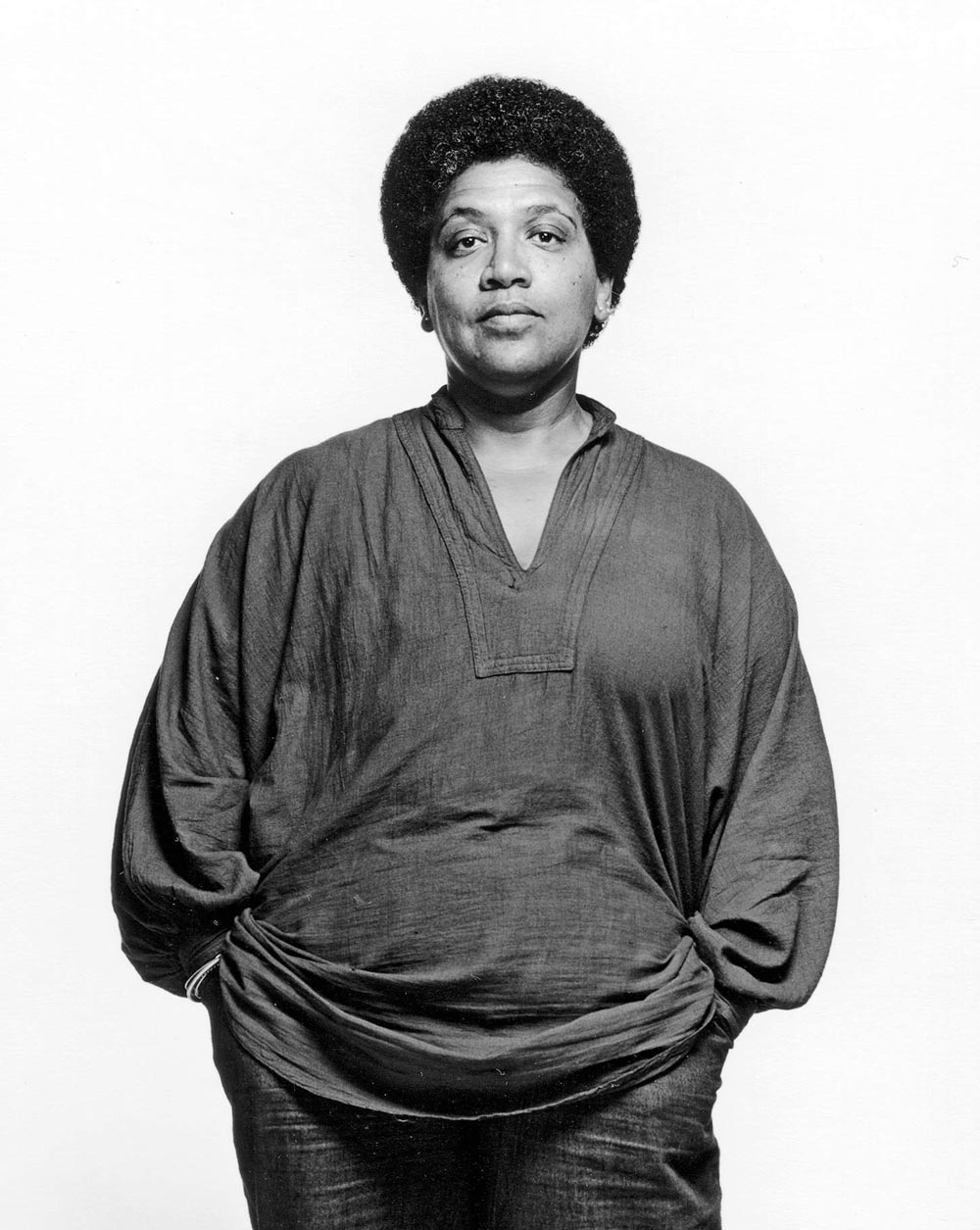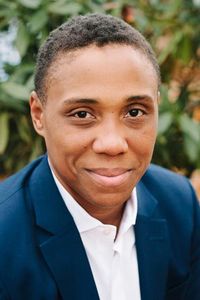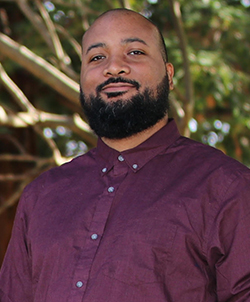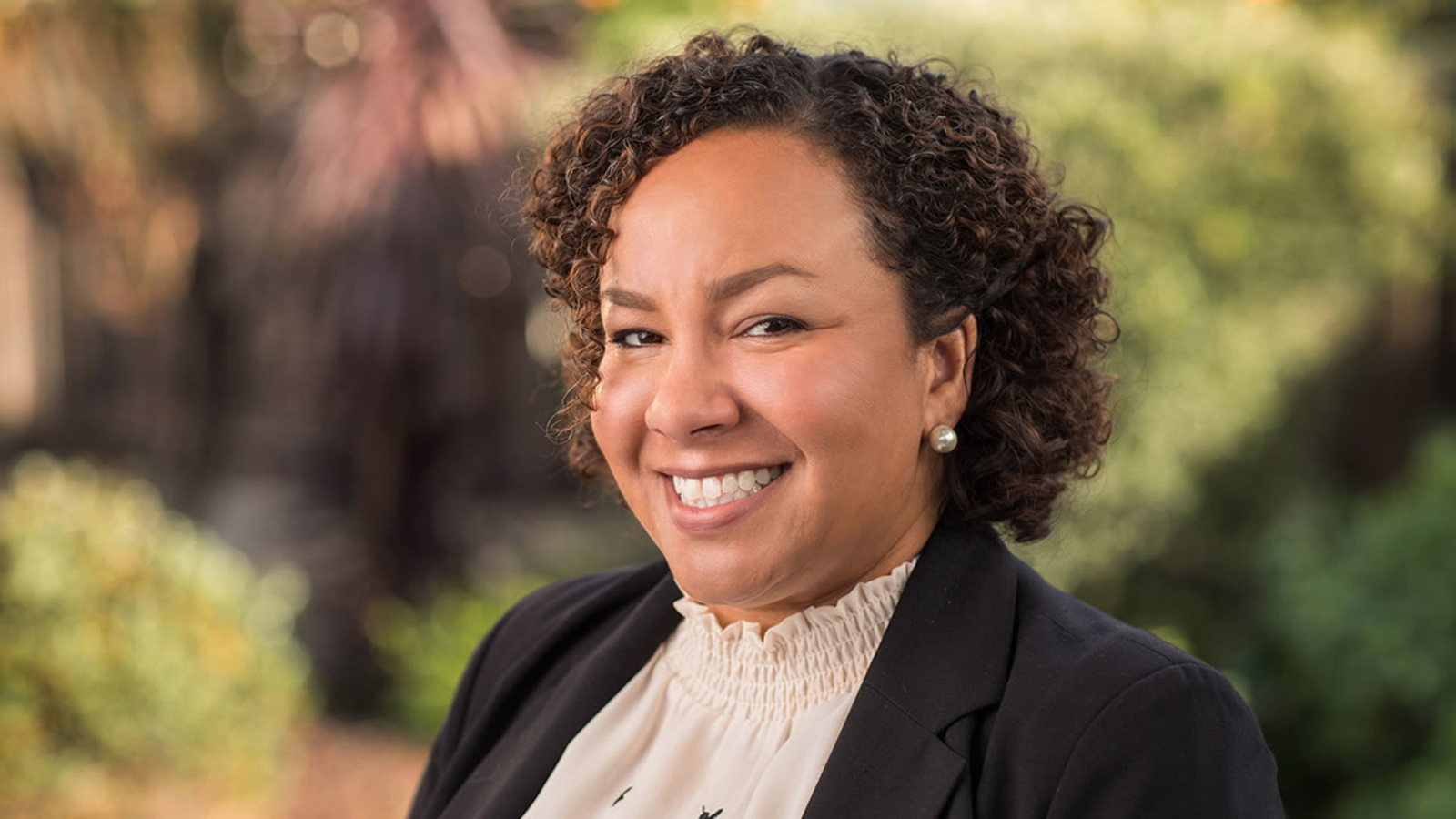
Audre Lorde
(1934-1992)
“When I dare to be powerful – to use my strength in the service of my vision – then it becomes less and less important whether I am afraid.”
Audre (named Audrey at birth) Geraldine Lorde was born in New York City on February 18, 1934 to Frederick Byron Lorde and Linda Gertrude Belmar Lorde, Caribbean immigrants from Barbados and the Grenadian island of Carriacou, respectively. Lorde was the youngest of three daughters. Lorde’s mother was of mixed ancestry and could “pass” for white. Her father was darker than the Belmar family liked, but they’re said to have allowed the couple to marry because of Lorde’s charm. This colorism would become a factor in Audre’s later estrangement from her family.
Lorde’s affinity for poetry was recognizable at an early age. Said to have gotten her love of poetry from her mother, she memorized poems and would recite in response to questions, rather than prose answers. It was also in her early years that she dropped the ‘“y’ from her name, citing the desire for symmetry between the e-endings in Audre Lorde, rather than as her parents intended.
Lorde wrote her first poem when she was in 8th grade. It was at Manhattan’s Hunter College High School that she would gain recognition as a wordsmith. At the age of 17, when her poem “Spring” was rejected by the school paper, she submitted it to Seventeen magazine, becoming a published writer even before college. Lorde explained in Black Women Writers (1950-1980): A Critical Evaluation that her “English teachers…said [the poem] was much too romantic.” Lorde was also elected literary editor of the art magazine in high school, and participated in historian John Henrik Clarke’s Harlem Writers’ Guild. She credited Clarke, who was a pioneer in the creation of Pan-African and Africana Studies, with teaching her about Africa.
After graduating from Hunter College High School in 1951, and grieving the death of her best friend Genevieve “Gennie” Thompson, Lorde left her parents’ home, becoming estranged from her family. She enrolled in Hunter College, part of the City University of New York, where she studied English literature and philosophy. During college, Lorde supported herself by working various jobs including as a factory worker, ghost writer, social worker, x-ray technician, medical clerk, and arts and crafts supervisor. In 1954, Lorde spent a pivotal year as a student at the National University of Mexico, a period she described as a time of affirmation and renewal in which she confirmed her identity on personal and artistic levels as a lesbian and a poet.
On her return to New York, Lorde went back to school, worked as a librarian, continued writing, and graduated from Hunter College in 1959. She also became an active participant in the gay culture of New York City’s Greenwich Village, entering the “gay girl” scene, in which she was often the only Black woman.
Lorde earned a master’s degree in library science from Columbia University in 1961 and worked as a librarian at the Mount Vernon Public Library. In 1962, the self-identified lesbian married attorney Edwin Rollins, a white, gay man. Lorde and Rollins welcomed two children, Elizabeth and Jonathan, before divorcing in 1970. In 1966, Lorde became head librarian at Town School Library in New York City. She remained in this role until 1968.
Lorde began her teaching career as a poet-in-residence at Tougaloo College, a historically Black college in Tougaloo, Mississippi. While there, she led workshops and discussions with students on civil rights. She went on to hold various academic positions: as a lecturer in creative writing at the City College of the City University of New York and in the Education Department at Herbert H. Lehman College, where she also taught courses on racism. Later, she worked as an associate professor of English at John Jay College of Criminal Justice, where she fought for the creation of a Black Studies Department. In 1981, Lorde returned to her alma mater, Hunter College, as an English Professor. At Hunter, Lorde became the Distinguished Thomas Hunter Chair of Literature.
During her time at Tougaloo College, she met Frances Clayton, a professor of psychology who became her romantic partner until 1989. In the late 1970s, Lorde had a brief affair with sculptor and painter Mildred Thompson, whom she met in Nigeria at the Second World Black and African Festival of Arts and Culture. Around 1990, Lorde became involved with Gloria I. Joseph, her partner for the remainder of her life.
Lorde’s first book of poems, The First Cities, was published in 1968. Her second book of poetry, Cables to Rage, appeared in 1970. Cables to Rage is noteworthy in that she comes out as a lesbian through her storytelling in “Martha.” Her third volume of poetry, From a Land Where Other People Live, which explores themes of injustice and anger, Black womanhood, motherhood and what it means to be a lover and friend, was nominated for a National Book Award in 1974. Lorde’s next volume of poetry, Coal, was published by W. W. Norton in 1976. Coal and its successor, The Black Unicorn, in 1978, were widely reviewed and reached a commercial audience.
Throughout her life, Audre Lorde fought for civil rights both as an activist and as a writer. The political nature of her work is obvious in essays such as “Apartheid U.S.A.” and “I am your Sister,” which examines how Black lesbians are stereotyped by white and Black people. In general, the voices in Lorde’s work challenge the conventions and norms of a racist, heterosexist, and homophobic society, and stress the urgency of fighting against inequality. From her first texts, the poet reiterates her sexual identity, and reaffirms her literary, as well as social, space. In Lorde’s poetry, essays, interviews, and fiction, she articulates a political discourse that underscores the oppression suffered by Black lesbians. In her essay “The Master’s Tools Will Never Dismantle the Master’s House,” Lorde attacked the underlying racism of feminism, describing it as unrecognized dependence on the patriarchy. She argued that by denying difference in the category of women, feminists merely passed on old systems of oppression, and that, in so doing, they were preventing any real, lasting change.
Concerned with modern society’s tendency to categorize groups of people, Audre Lorde was outspoken about the marginalization of lesbians, Black women, and others, empowering her readers to examine the prejudice in their own lives. Lorde’s critical analysis focused broadly, including racial justice, feminism, and patriarchy. “As Black people, we cannot begin our dialogue by denying the oppressive nature of male privilege,” Lorde stated. “And if Black males choose to assume that privilege—for whatever reason—raping, brutalizing, and killing women, then we cannot ignore Black male oppression. One oppression does not justify another.”
Lorde’s lesbianism had a major influence on her work. Zami: A New Spelling of My Name (1982), which was considered by the writer to be a “biomythography” (a synthesis of history, biography, and mythology), and Sister Outsider (1984), which is a collection of essays widely praised by readers and critics alike, are often included in Women Studies curriculums.
In 1980, together with Barbara Smith and Cherrie Moraga, Audre Lorde co-founded Kitchen Table: Women of Color Press, the first U.S. publisher specifically dedicated to furthering the writings of Black feminists. Lorde would also become increasingly concerned over the plight of Black women in South Africa under apartheid, creating Sisterhood in Support of Sisters there, and remaining an active voice on behalf of these women throughout the remainder of her life. In addition to her service as an editor of the feminist journal Chrysalis, Audre Lorde also served as the State Poet of New York from 1991 until her death.
Audre Lorde died at her home in St. Croix, Virgin Islands, from cancer on November 17, 1992 after a 14-year battle with the disease. Lorde was the subject of the documentary A Litany for Survival: The Life and Work of Audre Lorde by Michelle Parkeson. She was also featured in Jennifer Abod’s documentary The Edge of Each Other’s Battles: The Vision of Audre Lorde, which uses footage from the four-day conference I Am Your Sisters: Forging Global Connections Across Differences, held in Boston in 1990. Lorde received the Bill Whitehead Award for Lifetime Achievement from Publishing Triangle in 1992. Publishing Triangle subsequently instituted the Audre Lorde Award to honor works of lesbian poetry in 2001.
Audre Lorde forged a path that allowed us to see ourselves clearly and unapologetically. We offer this biography with appreciation for her contributions to literature and scholarship, for her refusal to entertain injustice, and for her invitation to develop collective consciousness.



